
Key Discussion Points from the UK's Real Estate Investment and Infrastructure Forum
The UKREiiF annual three-day event brings together the public sector from core cities and regions alongside government, investors, architects, property developers, house builders and more.
This event has grown enormously since it started three years ago, with over 13,000 delegates attending this year.
With a huge number of talks, many with standing room only, there was a vast amount of knowledge sharing and expertise.
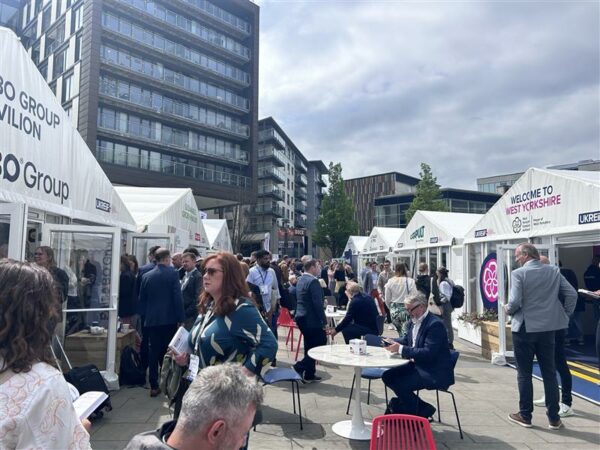
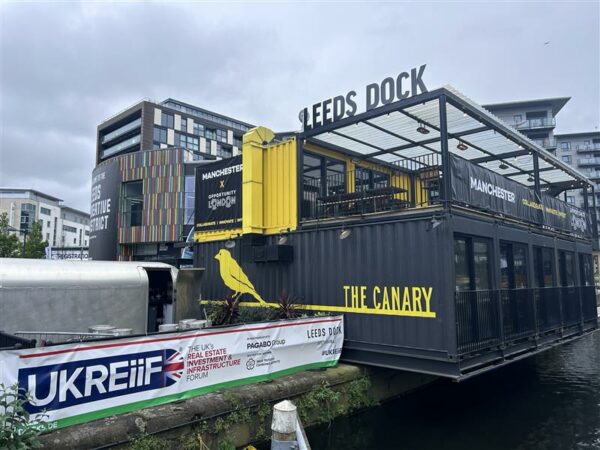
Key Themes of the 2024 Conference
Collaborative Partnerships
AI in the Built Environment
Renewal and Regeneration of our cities
Collaborative Partnerships
Collaboration featured strongly in virtually every discussion we attended. Important for regeneration of our cities and development of innovation centres but also accelerating development through knowledge sharing.
Triple Helix Partnerships
Strategies that work across universities, government and the commercial sector – triple helix partnerships – help solve challenges that can’t be solved individually. The harnessing of resources from these organisations enhances knowledge and accelerates change.
Future Generations
This extends to preparing future generations for roles that will need to be filled within the building industries. New legislation, the increased use of tech, data and AI will all have an impact on job requirements.
Also, for cities to thrive they need to retain the high-quality graduates that their universities are producing. Providing affordable housing, supportive infrastructure, quality jobs and an attractive environment are essential.
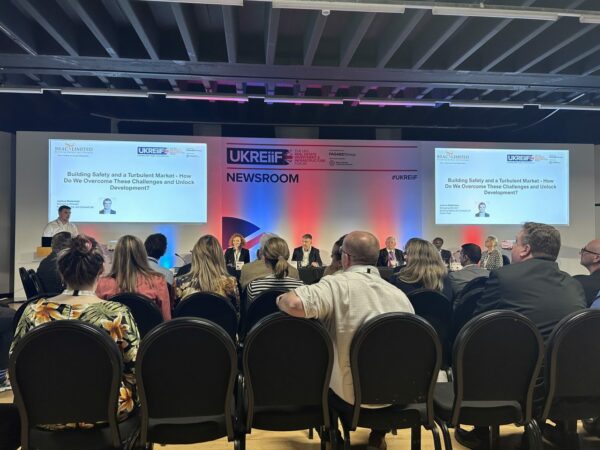
AI in the Built Environment
Data
Interest has increased in using AI as the ‘cool’ new thing. But the quality of information is limited by human input which is inconsistent and reflects user bias.
The building industry would benefit from sharing data, particularly around carbon emissions, regeneration of cities and well-being in the workplace.
Lack of interest in collaborating currently holds us back. Harnessing data from the huge amount of information available would benefit everyone in the sector. An open-source format for sharing data could be an option. However, without a willingness to voluntarily share information, could this be mandated?
Design
There’s enormous potential to benefit from AI tracking interactions and behaviours in our places and spaces. With improved information, client briefs can be based on huge data sets rather than ‘trends.’ Understanding well-being, movement, use of space, carbon emissions and more, buildings can be designed and used more efficiently.
And inefficiencies can also be removed from the job of architects and designers. Monotonous and labour-intensive work can be reduced with the introduction of AI assistance. It’s not about replacing the jobs of architects and designers, which require creative skills, but enhancing them and removing inefficiencies. AI learns far quicker than humans, processes information rapidly and works on logic.
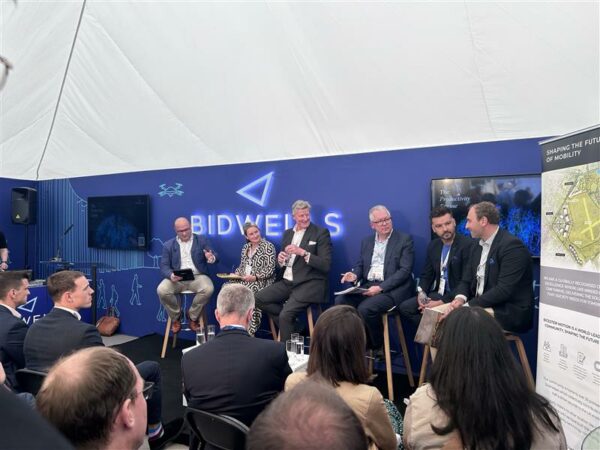
Renewal and Regeneration of our cities
With key cities and regions all represented, a big topic for UKReiif was how we regenerate and renew our cities.
Public and Private Collaboration
Again, collaboration between public and private sector was an important part of the conversation. With hybrid working, city centres are much quieter, which has a knock-on effect for retail and hospitality businesses. In addition, an increase in vacant office space has presented a further challenge.
So, councils need the power and resources to drive new local regeneration. There needs to be a shift in the role of local authorities and more collaboration with the private sector. Data plays a role here too, in understanding effective solutions for regenerating our cities.
Mixed-use Developments
One example discussed was that of New York city which has 11% of all office space in the whole of the US. Regulation had to be changed to allow vacant space to be repurposed for residential and mixed use. Bringing people back into the city was critical to support small businesses, whilst also helping to tackle housing shortages.
In addition, local councils need support, financial and otherwise, to plan for net zero. Repurposing and deconstruction to reuse materials, rather than demolition is preferable for unused, neglected or unsuitable buildings. And planning for the wider environment is crucial too. Access to public transport, green space and local amenities all have an impact.
High Quality Office Space
And for businesses looking to invest in new office space, availability of high-quality space is also a problem. Retrofit buildings are extremely sought-after by businesses with ambitious carbon reduction targets. But ensuring these meet all the regulations – fire, health and safety, environmental – is a big challenge. In addition, EPC rating is very important to businesses who are incentivised to achieve an EPC rating of ‘A’.
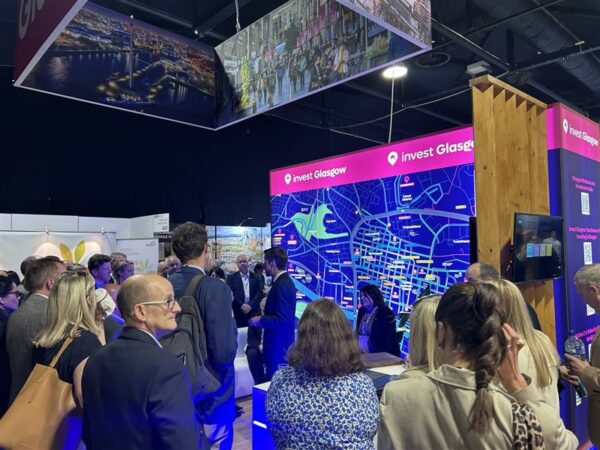
Building Standards Legislation
We also attended a discussion on building standards legislation in England and it’s clear that this is presenting challenges and concerns.
The Building Safety Act in England has presented additional challenges for the industry. There is currently confusion around where the responsibility lies and who will take charge.
Ultimately the responsibility sits with the client but there is an unwillingness to pay additional fees and a lack of training in this area.
Collaboration here is crucial. The industry needs to work together to ensure the sharing of accurate information. But a new service, in addition to the principal designer role is required. Future training of individuals to take on this role will be important.
Currently there is a lot of anxiety around this issue and education is needed.
Let’s keep talking…
There is never enough time to hear every talk or to answer everyone’s questions at these events. So if you’re interested in carrying on a conversation about any of these topics, we’d love to hear from you. Get in touch with any of our MLA offices edinburgh@michaellaird.co.uk, glasgow@michaellaird.co.uk or manchester@michaellaird.co.uk and let’s keep talking!






